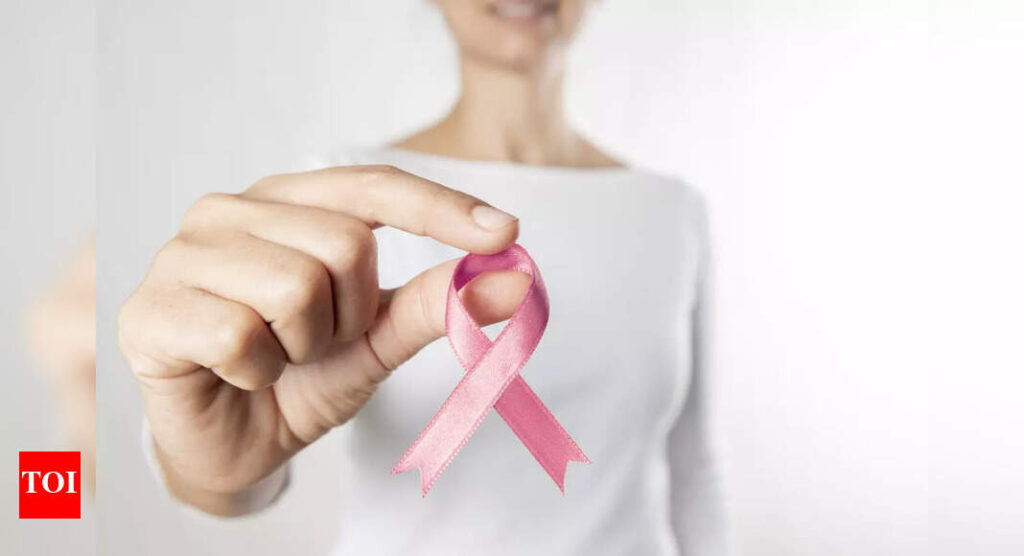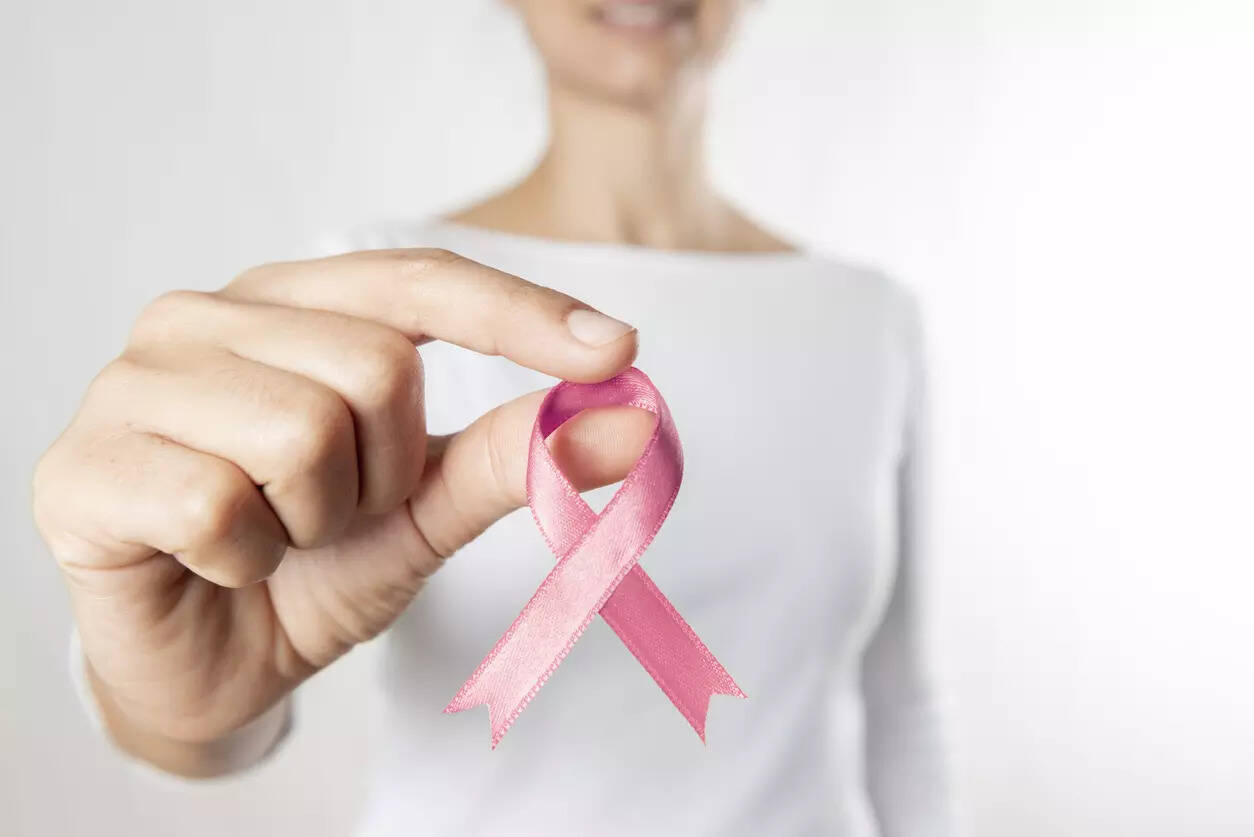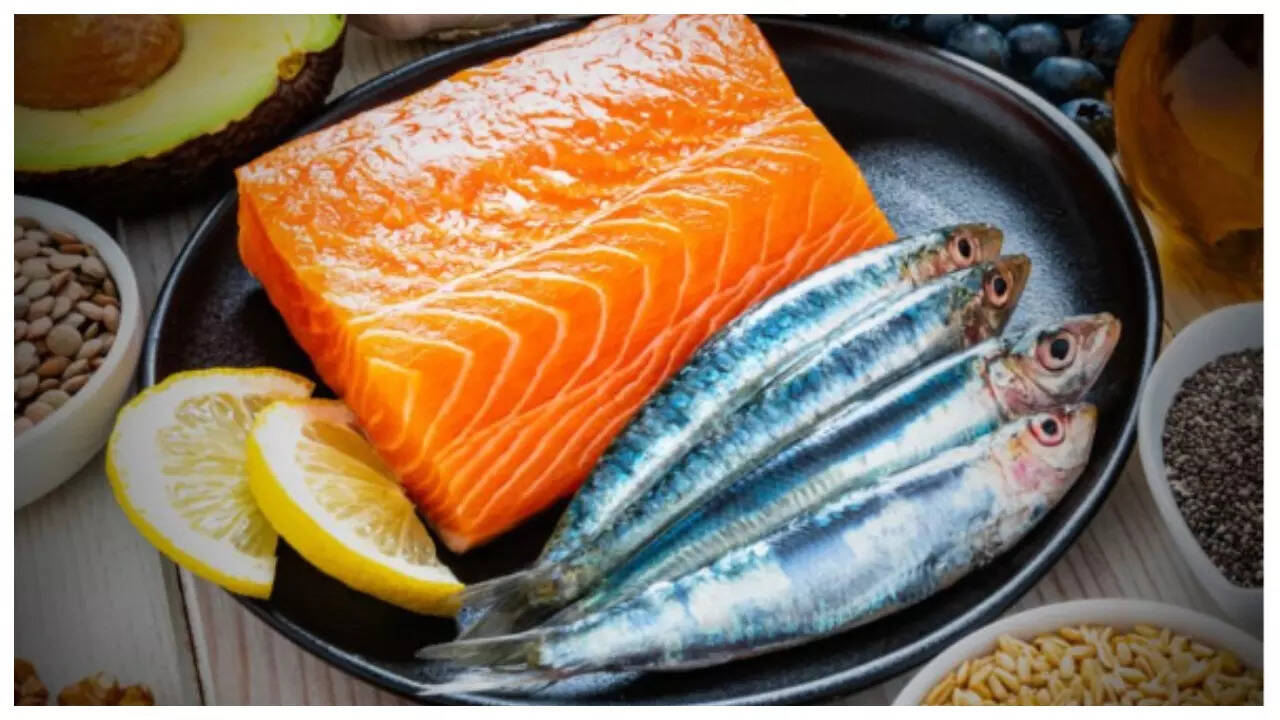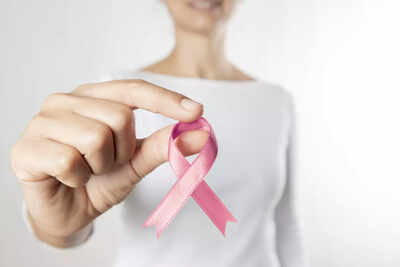THIS popular diet could secretly be fueling aggressive breast cancer, experts warn |

What you eat has a significant impact on your health. While some can fuel and cure your body, others can wreak havoc. For instance, a popular diet has now been flagged by experts as it could be fueling an aggressive form of breast cancer. A new study from Huntsman Cancer Institute at the University of Utah (the U) has linked obesity-driven fatty acids to breast cancer. The researchers have also warned against the intake of a popular diet. The findings of the study are published in the journal Cancer & Metabolism.
Obesity-driven fatty acids and cancer

The researchers found that triple-negative breast cancer is fueled by lipids and that these fatty acids are a key feature of obesity that promotes tumor growth. The research, conducted in preclinical mouse models, suggests that breast cancer patients and survivors with obesity could benefit from lipid-lowering therapies. The experts also emphasized that such people should avoid high-fat weight loss regimens like ketogenic diets.“The key here is that people have underestimated the importance of fats and lipids in the all-encompassing term that is obesity. But our study shows that breast cancer cells are really addicted to lipids, and the abundance of lipids in patients with obesity is one of the reasons that breast cancer is more prevalent and more aggressive in these patients,” Keren Hilgendorf, PhD, Huntsman Cancer Institute investigator and assistant professor of biochemistry at the U, said in a statement. A high amount of lipids in the blood, a condition known as hyperlipidemia, is linked with obesity. They studied mice on high-fat diets and others genetically designed to have high blood lipids but normal glucose and insulin levels. The researchers found that high lipids alone were enough to accelerate tumor growth.

“The idea is that lipids, which form the surface membrane of the cell, are like building blocks. If a cell receives the signal to proliferate and more building blocks are available, the tumor is going to grow more easily. We see that a high amount of lipids enables this proliferation,” says Amandine Chaix, PhD, Huntsman Cancer Institute investigator and assistant professor of nutrition and integrative physiology at the U.
The researchers noticed that in this particular model, lowering the amount of lipids, in the presence of high glucose and insulin levels, was enough to slow down breast cancer cell growth. Though mice and humans have important metabolic differences, if the results in mice hold true in people, they could lead to better therapies and diet recommendations to slow cancer growth.“We think this has therapeutic implications, because if you could just lower the lipids—which we already know how to do in patients, for example, with lipid-lowering medication—that could be a way to decelerate breast cancer growth. If we can target these high levels of fat in the blood, the cancer suffers because the lipids are no longer feeding the cancer. But while our results in mice were striking, there are clear limitations in directly projecting these findings onto human patients. More research using human samples and patients will be necessary to confirm our hypotheses,” Hilgendorf said.
How keto diet fuels cancer

The study also looked at how breast cancer patients and survivors with obesity approach weight management. The patients are often recommended to lose weight as part of their treatment, as obesity can be a factor in increased risk of cancer spread or disease recurrence. Some patients may turn to the popular keto diet, which consists of a high-fat and low-carbohydrate intake. The goal is to reach a metabolic condition called ketosis, where the body uses fat instead of carbohydrates as a source of energy. Though this approach could lead to weight loss, the researchers said that the patients need to consider the whole picture of their metabolic health.“For patients who are diagnosed with breast cancer and have an elevated BMI, we would advise them to consult their physician and develop a weight loss plan as part of their treatment. If you have high cholesterol levels to start with, think about a weight loss plan or potential pharmaceuticals that could lower your lipid levels. As our study shows, diets like keto that are very high in fat can have serious unintended side effects—even causing the tumor to grow,” Greg Ducker, PhD, Huntsman Cancer Institute investigator and assistant professor of biochemistry at the U, said. The findings of this study suggest that lipids may also fuel tumor growth in patients with obesity who have other types of breast cancer, or ovarian or colorectal cancers.







